Gabbi knew that real estate was the right career from the start. She is now dual licensed in both Kentucky and Ohio. She had her first sale within a month of getting licensed and hit her first million in volume within her first 6 months. She will have her real estate license for the rest of her life. Call her anytime if you have questions about becoming a real estate agent. She loves to share her passion for real estate with others!
Estimating Closing Costs

Closing costs: what to know?
Buying a house can be a scary thing but it doesn’t have to be. The best way to prepare for one of the biggest purchases in your lifetime is to learn as much as you can beforehand. In this article, you are going to learn when your closing costs are due and what the most common itemized closing costs mean. It’s easy for first-time buyers to forget or underestimate closing costs if they don’t know what they include. Every purchase of a home comes with fees, insurance, taxes, and administrative costs, no matter how you choose to pay for it. Even you are paying cash or refinancing your house there are going to be additional costs.
Closing costs and range between 2-5% of the entire loan amount. The closing costs are fixed, so if the loan amount is higher is won’t necessarily mean it’s going to directly increase your closing costs. Keep in mind that some lender fees can be avoided. Some mortgage institutions don’t even have lender fees. Together between these three categories all the insurance, taxes, and administrative costs are needed to process the loan.
Types of closing cost and definitions:
- Application Fee – Covers all the costs of administering the transaction and handling the documentation.
- Appraisal fee – A licensed appraiser is hired to inspect the home to determine the worth and usually lands around a couple of hundred dollars.
- Credit Report – The fee of your loan officer pulling your credit report can be rolled into your closing costs.
- Homeowner’s Insurance – Homeowner’s insurance is required to protect the home from loss or damage. One year of home insurance is due at closing.
- Private Mortgage Insurance (PMI)– This is designed to protect the lender in case you default on your loan. Until you reach a certain percentage of the home, private mortgage insurance may be required by your lender.
- Property Taxes – Depending on your location, you may be required to pre-pay 60, 90, or 180 days worth of property taxes when you close on your house.
- Transfer tax –Typically a percentage of the sales price or fair market value of the house, this tax fee is collected and paid when the title passes from one person to another.
- Underwriting fee – This fee is also known as the loan origination fee, this fee is determined and charged by your lender that is preparing the mortgage loan.
On average, homebuyers pay around $3,700.00 for closing costs in America. Always prepare for the worst and hope for the best when estimating this cost because it can range between $3-7k. A good way to start estimating this amount for yourself is using a closing costs calculator. You can google for this tool and there are multiple options. These tools use some basic information including purchase price, down payment amount, terms, and interest rate associated with your loan. This is going to be helpful to any buyer so that they can budget and prepare for this cost.
You can avoid some or all of closing costs by understanding each part of the expense and strategizing reductions.
Here are some ways that you can lower your ending closing costs:
- Sharing closing costs with the seller –When writing a purchase contract you can put the closing costs to be paid by the seller in the contract. This will be taken out of the purchase price for the seller but can be a good way to alleviate the buyer from having to bring a lot of cash to the closing table.
- Negotiate – Different lenders have different fees and expenses. Make sure when you are meeting with different lenders you are negotiating terms and weighing your options before you choose which lender to go with.
Everyone puts so much time and energy into looking for the perfect home and budgeting for the price, make sure you are spending amble time digging into your expected closing costs. Being over-prepared is the best plan of attack, in the best-case scenario, you come home with more cash in your pocket than expected. If you are just starting in the home buying process, check out our blog article that explores what you need to know to qualify for a mortgage loan. You can read that post here.
About the Author
Recent Posts
Let's Stay Connected
Follow us on and become part of the PREC community
Never miss a tweet by connecting with us on Twitter
Check our our posts about trends in real estate industry and market
Have Questions?
Leave Us Your Info & We Will Reach Out









